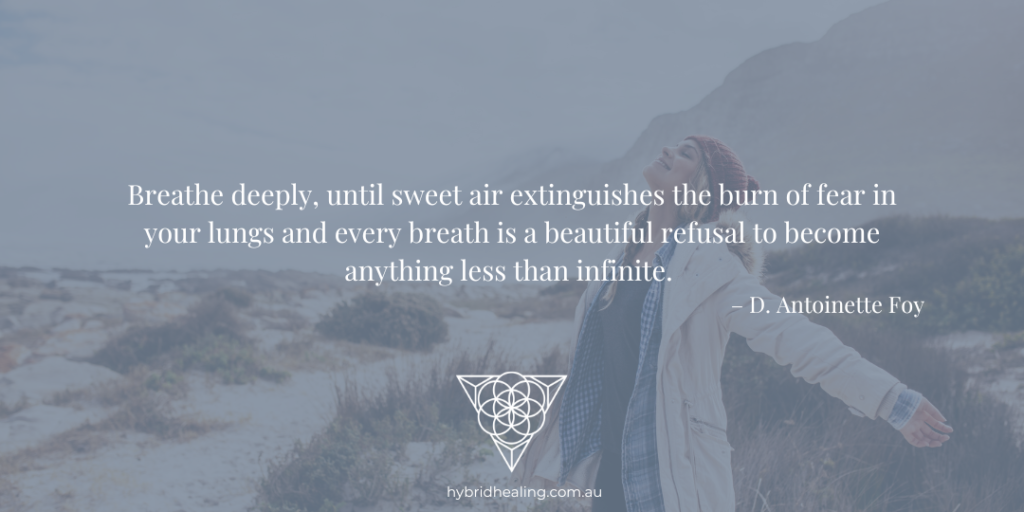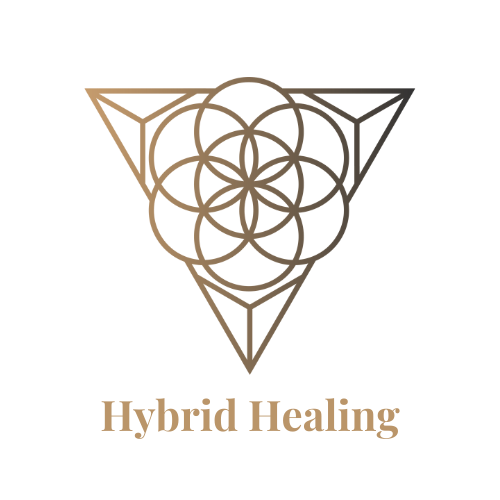
Breath work, also known as controlled breathing, is an umbrella term used to describe a variety of practices that involve paying attention to and intentionally controlling the way we breathe. These practices have been used for centuries in various cultures and traditions for their numerous health benefits, including reducing stress and anxiety, improving physical health, and enhancing spiritual and emotional well-being.
One of the simplest forms of breath work is deep breathing, where you consciously slow down your breathing and take deep breaths from your diaphragm (the muscle at the base of your ribcage). This type of breathing stimulates the parasympathetic nervous system, which is responsible for slowing down the heart rate, relaxing the muscles, and reducing stress.
Another popular form of breath work is alternate nostril breathing, where you alternate breathing through each nostril to balance the flow of air and energy in the body. This practice is said to improve focus and mental clarity, as well as reducing stress and anxiety.
Pranayama, a type of breath work originating from yoga, involves a variety of controlled breathing exercises, such as Kapalabhati (also known as “skull shining”), which involves rapid and forceful exhales, and Nadi Shodhana (also known as “channel purification”), where you alternate breathing through each nostril. Pranayama is believed to improve respiratory health, increase energy levels, and enhance spiritual and emotional well-being.
Breath work can also be used in conjunction with meditation, as the focus on breathing helps to quiet the mind and bring awareness to the present moment. This, in turn, can help to reduce stress and anxiety and improve overall mental health.
In addition to these mental and emotional benefits, breath work has also been shown to have numerous physical health benefits. For example, deep breathing can help to lower blood pressure, improve heart health, and boost immunity.
Breath work is a great practice to help us regulate our nervous system and being us back to a state of being present, calm and at peace.
When we are trigger by a perceived or real threat we can trigger our nervous system into a fight or flight response, we can then become angry, frustrated, tense, clinched jaw, heart racing or feeling tired and lethargic.
Once way to calm our nervous system and bring us back into a state of equilibrium is breath-work.
There are a few go to breath-work practices that we love:
-Breath of fire
-Square breathing
-Heart math breathing
-Alternate nostril breathing.
Also bringing chants and mantras into our breath work (pranayama) practice is also a great way to keep the focus on the present, stop an overactive mind, which is often the cause of our negative symptomology. Furthermore, mantra’s are a great way to bring positive affirmations into our breath-work.
In conclusion, breath work is a simple and effective way to improve overall health and well-being. Whether you’re looking to reduce stress and anxiety, improve physical health, or enhance your spiritual and emotional well-being, incorporating breath work into your daily routine can have a profound impact. So why not give it a try and see the benefits for yourself?
We invite you to come and join us in our support community, where we gather together with like-minded individuals to share education and information on regulating our nervous system, healing trauma and identifying sabotaging patterns, join here READY TO HEAL YOUR HEART
If you would like a 1:1 Counselling or Coaching Session please book in HERE
Warm regards
Loretta and the Team at Hybrid Healing 🖤
P.S. Check out our emotional freedom technique, which helps you to reconnect with yourself, and free up intense emotions HERE
P.P.S Matrix Reimprinting is a technique you can use to help you uncover sabotaging patterns and beliefs, and help you imprint healthy patterns that support your well-being. To check out the free training on clearing your blocks to success, and discover Matrix reimprinting, click HERE

Recent Comments